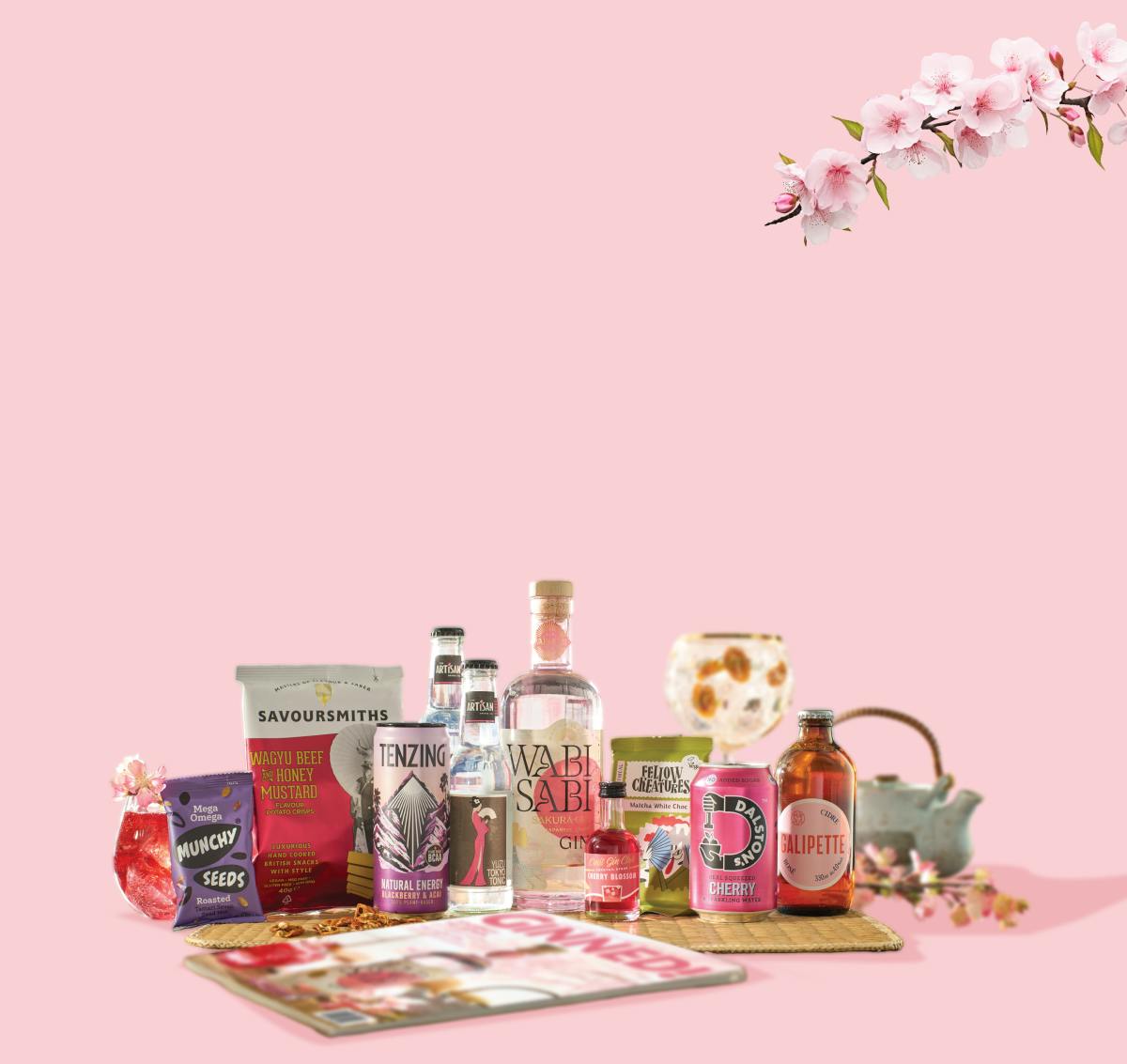
TRADING GIN FOR TEQUILA: WHY MEZCAL IS LIKE CRAFT GIN
Since the government loosened up the laws on distilling licenses in 2006, a number of independent distillers have begun production in the UK fueling the craft movement and a push towards high-quality spirits with a story. In much of Europe, these restrictions were never in place and you can find hundreds of independent distillers around the country. Turns out the same thing applies to Mexican mezcal.
Whereas tequila production has been largely industrialized, mezcal production remains artesanal, the work of independent distillers.
Some Mexican distillers are less professional than others, essentially making moonshine in their house which they store in glass bottles and plastic receptacles. These aren’t recommended for drinking as they maintain a high level of the dangerous chemicals that more refined distilling eliminates and will hand you a hell of hangover the next day.
But professional independent mezcal distillers are making some delicious stuff. We had the opportunity to meet one at the Museo del Tequila y el Mezcal in Mexico City.
Mezcal Ancestral comes from the mezcal-central region of Oaxaca, more specifically from a collective of agriculturists called the Barreta de Oro dedicated to producing fine agaves and mezcals. Like independent gin distillers in the UK, Mezcal Ancestral’s differentiation comes from the processes and ingredients used in the distillation process. Unlike most independent UK distillers who buy the neutral spirit they use to begin distillation, mezcal producers start from scratch and control the entire production process, from harvesting the plant all the way to bottling.
Mezcal Ancestral starts by selecting the best agave hearts - or piñas - from its collective and slow cooking them over a few days in the palenque, a oven dug in the ground in which wood from oak is burned to heat stones on which the hearts sit. When they’re cooked, the distillers mash the piñas with a wood mallet to get the liquid out and then place the resulting juicy, fibrous mass in wood tubs to ferment. Other methods of reaching the fibrous mass include using stone mills powered by horses as in the picture below.
When fermented, the liquid is distilled twice in clay pots using the distillery’s secret recipe which may include the addition of herbs or botanicals to speed up the fermentation process. Traditional mezcal fermentation uses only the agave pulp and water in a process that can take weeks. Water from a nearby stream is added to bring down the alcohol level.
Mezcal Ancestral calls its artisanal product 3000 Noches, or 3,000 nights, as it takes eight years for their agave to mature. That’s a long time to wait just to be able to start making the base spirit. With Extra Añejo mezcals taking up to five years to age, independent distillers like Mezcal Ancestral need to pay close attention to their agave crops, their distillation and their aging process.
Perhaps those UK independent distillers beginning to make barrel-aged gin could learn some things from their Mexican mezcal counterparts.







